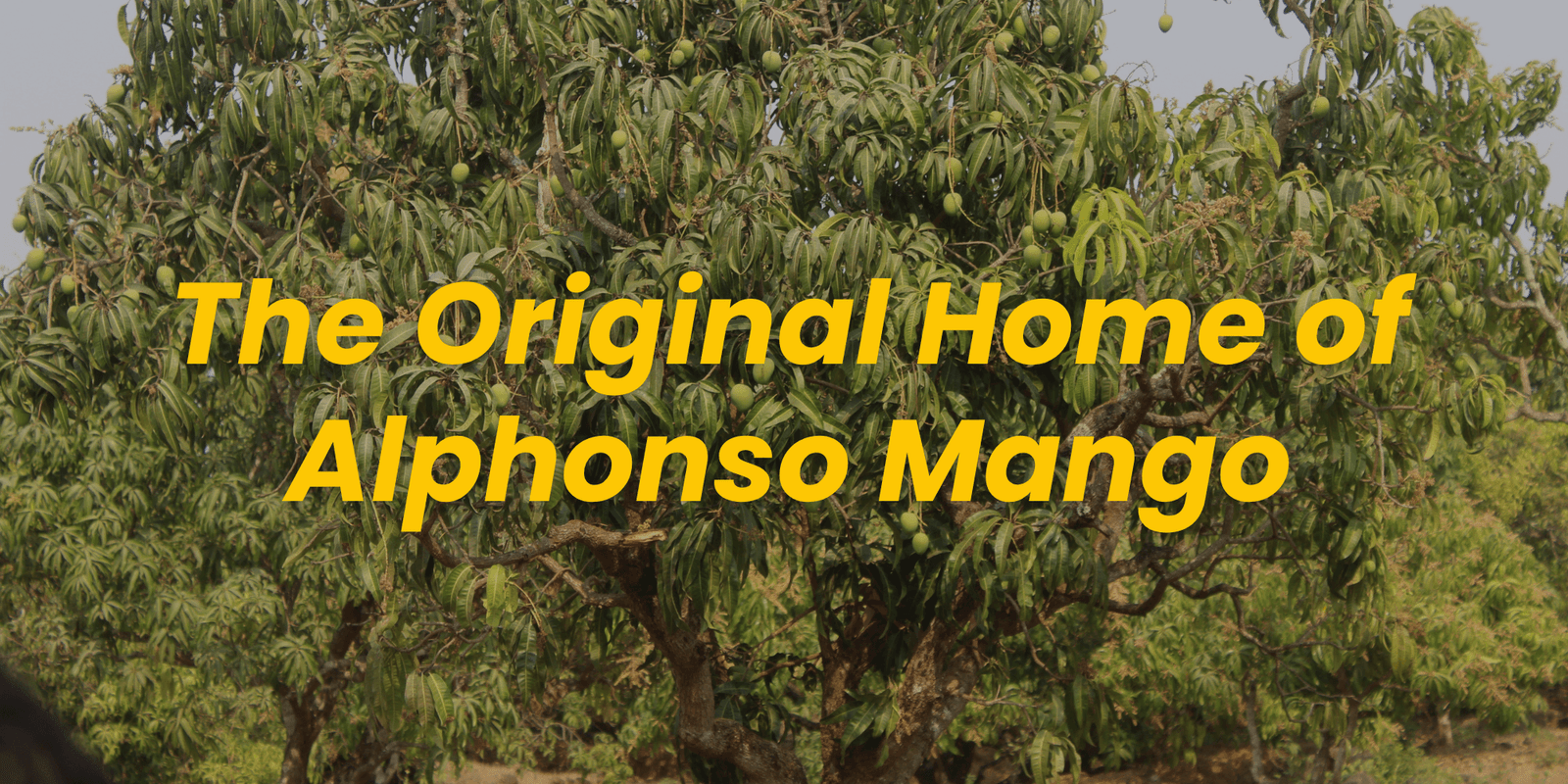
Alphonso mangoes (locally called Hapus) are primarily grown in Ratnagiri, Devgad, Sindhudurg, and Raigad districts of Maharashtra’s Konkan region.
The region’s laterite soil, high humidity, and salty sea breeze create the perfect microclimate for producing mangoes with a distinct aroma, sweetness, and saffron-like color. No other place can quite replicate this natural magic.
Yes, Alphonso trees can technically grow in other regions — but the taste, aroma, and texture won’t be identical to Ratnagiri or Devgad Hapus. Let’s look at a few states where people have tried cultivating Alphonso mango:
UP’s Gangetic plains support mangoes like Dasheri and Langra, but Alphonso doesn’t thrive well here. The soil and temperature fluctuations affect the fruit’s sweetness and color.
Punjab’s hot summers and dry winds make it unsuitable for Alphonso. While trees may survive, they won’t bear high-quality fruit. Alphonso needs coastal humidity, not dry plains.
Haryana has similar conditions to Punjab — not ideal for premium Alphonso production. Other local varieties do much better there.
Bihar’s climate supports varieties like Malda and Fazli. Alphonso can grow, but it loses its signature aroma and flavor, making it commercially unviable.
Interestingly, parts of Karnataka and Tamil Nadu have shown some success. Karnataka’s Dharwad and Belgaum regions, and certain parts near Chennai, have experimented with Alphonso.
However, even there, the fruit remains a different variant — milder in flavor compared to the Konkan original.
You can grow Alphonso mango from seed, but it’s not the best idea if you want the real Hapus. Seed-grown trees often lose genetic purity.
For best results, farmers use grafted Alphonso saplings sourced from Ratnagiri or Devgad nurseries.
If you’re planting from seed, remove the hard shell and plant the kernel in moist soil. It will sprout in about three weeks.
Here’s how to spot the real deal:
GI-tagged Ratnagiri or Devgad Alphonso mangoes are your safest choice for authenticity.
You can order fresh GI-certified Alphonso mangoes directly from authentic sellers like Ratnagiri Hapus Store. Always look for farm-fresh, naturally ripened mangoes during the March–June season.
So how does Alphonso mango taste?
It’s rich, creamy, and buttery, with a delicate balance of sweetness and tang. The flavor feels like sunshine on your tongue — no wonder it’s called the King of Mangoes.
While Alphonso mango can technically be grown in other parts of India, only the Konkan coast — Ratnagiri, Devgad, Sindhudurg, and Raigad — produces the authentic, GI-certified Hapus mango.
The unique combination of sea breeze, laterite soil, and tropical humidity gives it that unmatched taste, aroma, and golden glow the world loves.
So wherever you are, if you want the real thing — order your Ratnagiri Hapus Alphonso fresh from the source!